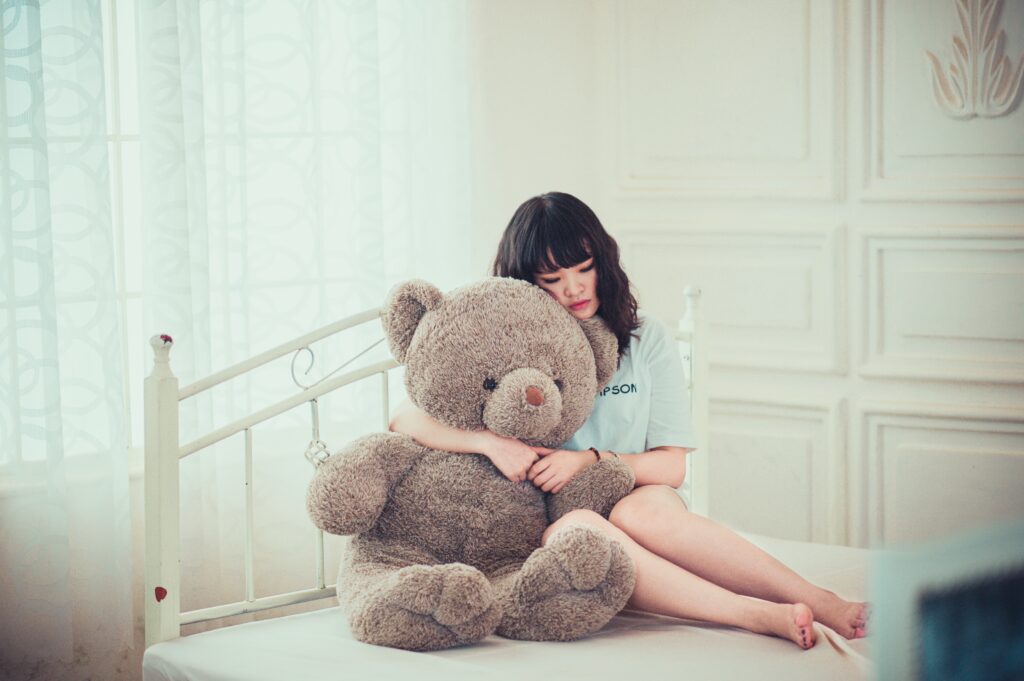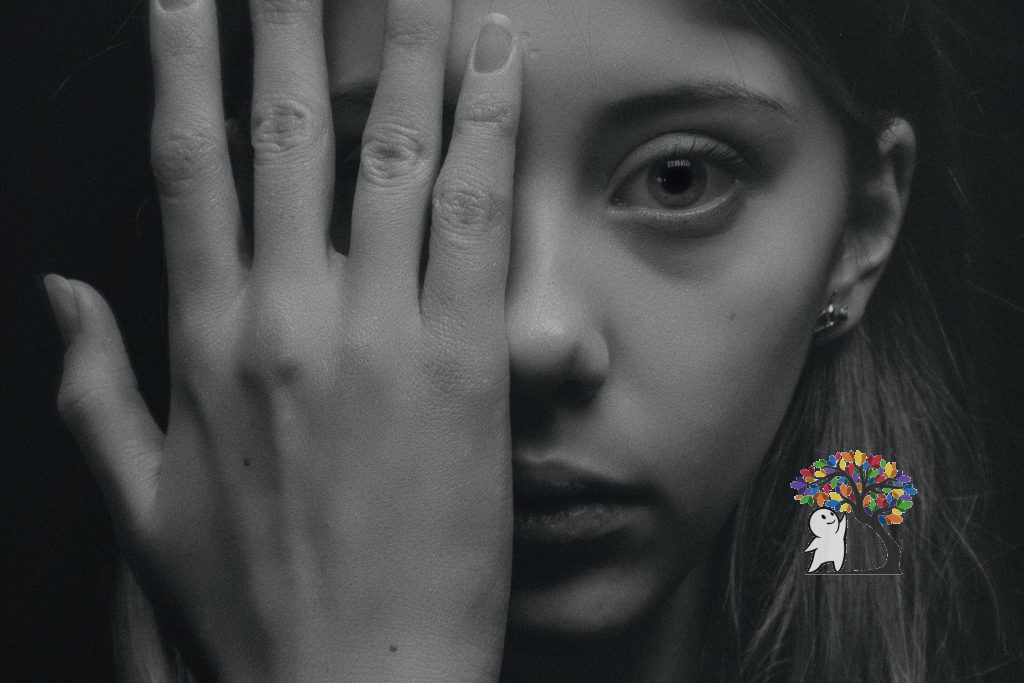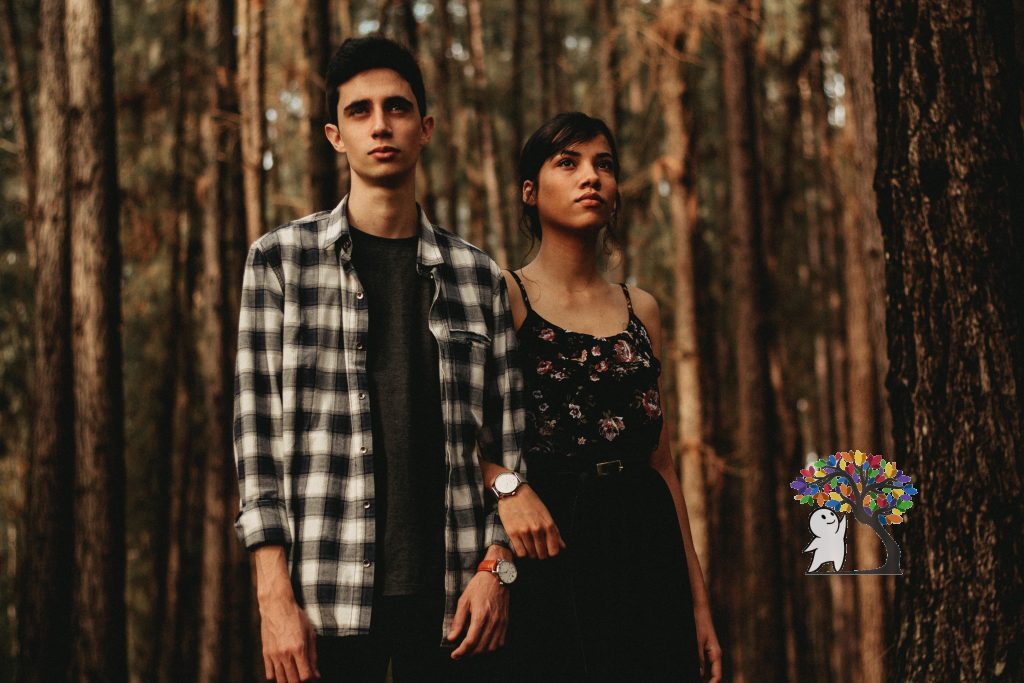Exploring Untold Trauma (Our Take on “Quiet on Set: The Dark Side of Kids TV”)

Trigger Warning: Our video discusses topics such as sexual abuse and exploitation of minors. If these topics are triggering to you, please feel free to skip this article.
Deconstructing The Glittering Facade
Lights, camera, action!
While plenty of people fantasize about the glitz and glam of showbiz, so few of us realize that the dazzling facade of the entertainment industry masks a darker, more disturbing reality, especially for child actors.
So, what happens when the cameras stop rolling?
Enter “Quiet on Set: The Dark Side of Kids TV,” a gripping docu-series that pulls back the curtain on the shocking truth about what was really going on behind-the-scenes from the writers, production crew, and actors of beloved Nickelodeon classics from the ’90s and ’00s.
But before we dive any further, a quick disclaimer: This video is based on the thoughts, feelings, words, and experiences of various people as told in the docu-series, “Quiet on Set: The Dark Side of Kids TV.” This video doesn’t reflect the thoughts and opinions of Psych2Go or the writer.
The Abuse Behind Closed Doors
Now, there’s no denying that Nickeloden has produced plenty of beloved shows from our childhoods; think, “All That,” “The Amanda Show,” “Drake & Josh,” “Zoey 101,” “Victorious,” and “iCarly.” But here’s the heartbreaking truth: while we were laughing at all their crazy antics on-screen and singing along to catchy theme songs, darkness lurked both behind and in front of the screen, hidden in plain sight.
Amidst the laughter, there were a slew of unsettlingly sexualized references in all of these shows, usually being acted out by minors. There were also multiple allegations of grooming, sexual abuse and exploitation, emotional abuse, and all sorts of inappropriate behavior that no child should ever have to endure.
Behind closed doors, writers like Christy Stratton and Jenny Kilgen have bravely accused Schneider of fostering a toxic, misogynistic environment, where underpayment and exploitation ran rampant in the writers’ room.
Actors Leon Frierson, Bryan Hearne, Katrina Johnson, Giovonnie Samuels, and Kyle Sullivan have also broken their silence on how Schneider and the executives at the time body shamed them, intimidated and demeaned them, played favorites, overworked their talent, and abused their power.
And let’s not forget Drake Bell’s courageous stand against Brian Peck, Nickelodeon’s acting and dialogue coach, who sexually abused him when he was only 15-17 years old. A former production assistant, Jason Handy, was also found guilty of sex offenses and admitted to being a pedophile.
Breaking the Silence & Why Awareness Matters
Now, you might be wondering, why does this matter? Why bring up something that happened so many years ago? But that’s precisely the problem! The exploitation of these child stars isn’t a rare case: it happened to plenty of child stars going so far back as the 1930s with Judy Garland, and it’s still happening now!
Hollywood has failed so many child actors, and for so long, children in the entertainment industry have been caught in a cycle of exploitation and neglect. These young talents deserved so much better. They deserved to grow up in a world where their innocence wasn’t seen as an opportunity for exploitation.
No one in production seemed to care about the well-being of these child actors. Actresses Alexa Nikolas (from Zoey 101) and Jennette McCurdy (from iCarly) have been vocal about their traumatic experiences working on their respective shows. And it’s clear from their stories that the neglect of their mental health and safety left lasting psychological scars.
Towards Change, Advocacy, and Accountability
Now, let’s unpack the psychology of it all. Imagine you’re a kid with big dreams of making it in Hollywood. You’re so excited to be on stage or in front of the camera that you don’t even realize when someone is taking advantage of you.
For many children in the entertainment industry, they lack the guidance of strong parental or authoritative figures to teach them about boundaries, consent, autonomy, and their rights. And when the very people who should be protecting them are absent or, worse, complicit, then they become vulnerable to exploitation.
Hollywood is notorious for shady practices like grooming and sexual bribery, where the lines between opportunity and exploitation blur. Be it older fellow actors, executives, producers, writers, or directors, young actors are often coerced, abused, and then silenced by people in power. The fear of being blacklisted silences many victims, perpetuating the cycle of abuse.
Not only that, child actors are often exposed to drugs, alcohol, and sex at an early age. At the same time, there’s the constant pressure to be perfect and look a certain way; public scrutiny, judgement, and the loss of privacy; and facing rejection over and over. It’s a lot for anyone, especially kids.
As a result, child stars are likely to struggle with low self-esteem, poor emotional control, trust issues, unhealthy attachment, a distorted sense of self-worth, eating disorders, addictions, anxiety, depression, and trauma.
What We Learned & Where We Go From Here
But it doesn’t have to be this way. Creating a safer world where every child can chase their dreams without fear of being exploited or abused also means empowering young people with the knowledge and tools to recognize exploitation, assert their boundaries, and speak up against injustice by fostering a culture of accountability and support.
Leading the way are those brave actors who, despite everything they’ve been through, continue to speak out not just for themselves but for others who might be going through similar experiences. Our hearts go out to each and every child actor who’s ever been manipulated, exploited, groomed, or abused. They were just kids chasing their dreams — dreams that deserve to be nurtured and protected, not twisted or taken advantage of.
So, let’s stand with them. Let’s listen to their stories and support them as they demand better treatment for everyone in the industry. Because every person, no matter their age or job, deserves to be treated with respect and kindness.
References:
- Behrens-Horrell, W. (2011 Jun 22). “The Child Performer.” Psychology Today. https://www.psychologytoday.com/intl/blog/in-the-trenches/201106/the-child-performer
- Vaishnavi, A. (2024 Mar 18). “Quiet on Set: New docuseries ‘exposes’ Dan Schneider’s ugly acts during Nickelodeon’s The Amanda Show.” Hindustan Times. https://www.hindustantimes.com/world-news/us-news/quiet-on-set-new-docuseries-exposes-dan-schneiders-ugly-acts-during-nickelodeons-the-amanda-show-101710761188287.html
- Business Insider. (2024 Mar 29). “What are the allegations against Dan Schneider, former Nickelodeon producer? A timeline of his controversies as he apologies for past behaviour after the release of new docuseries Quiet on Set.” Style. https://www.scmp.com/magazines/style/entertainment/article/3257031/what-are-allegations-against-dan-schneider-former-nickelodeon-producer-timeline-his-controversies-he
- Hampton, A. (2023 Jan 16). “How the ‘Romeo and Juliet’ lawsuit could force Hollywood to reckon with its history of child abuse.” Business Insider. https://www.businessinsider.com/hollywood-history-of-child-abuse-romeo-and-juliet-lawsuit-2023-1
- Robertson, M. & Schwartz, E. (Directors). (2024 Mar 17). Quiet on Set: The Dark Side of Kids TV [Documentary series]. Investigation Discovery. Maxine Productions, Sony Pictures Television – Nonfiction, Business Insider.
- McCurdy, J. (2022). I’m glad my mom died. Simon and Schuster.




Responses